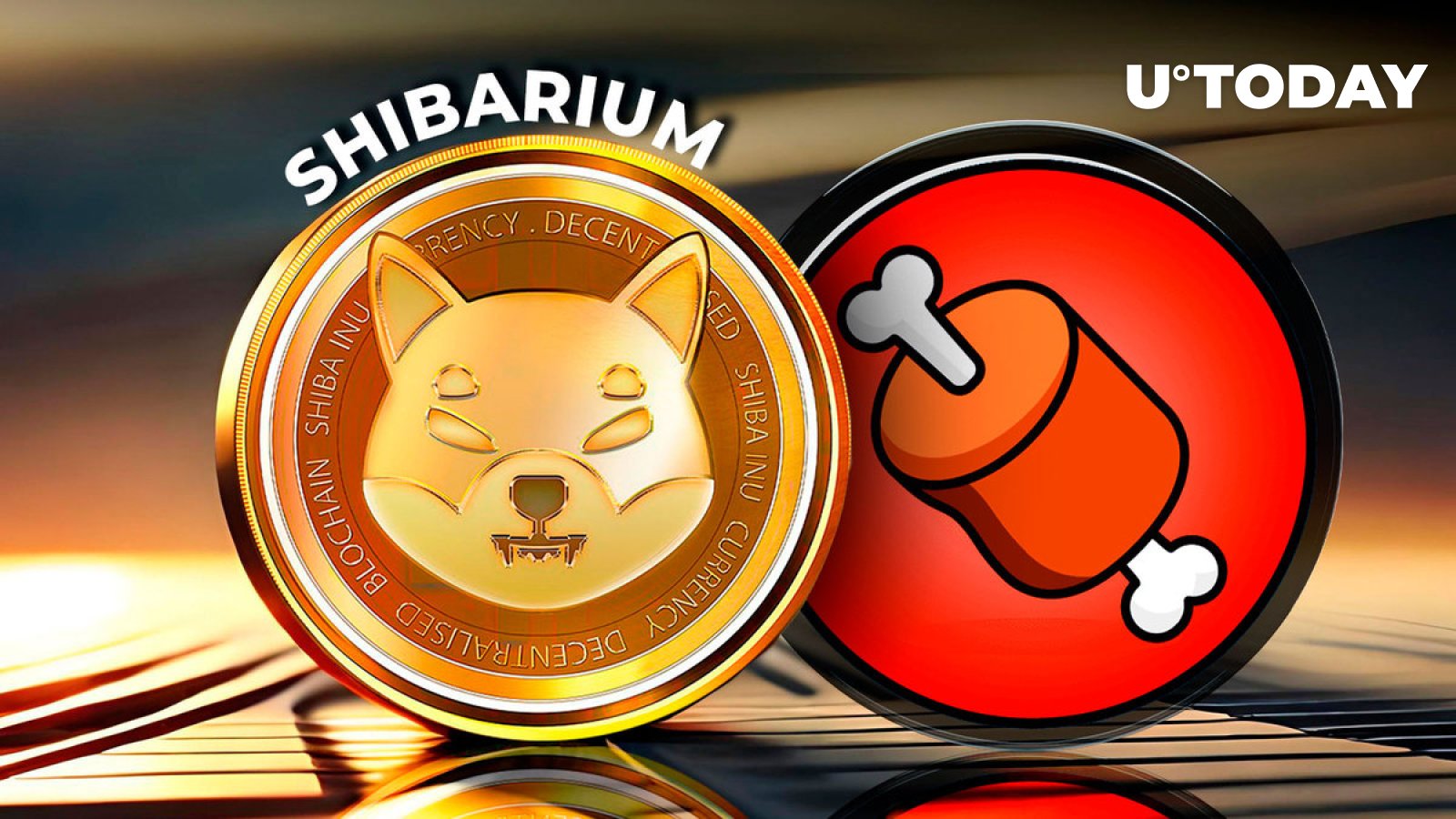How financial institutions can embrace decentralised finance

Financial service companies in the Middle East, including banks, insurance companies, and fintechs, have a growing interest in the opportunities and risks posed by decentralised finance (DeFi). Jorge Camarate, Antoine Khadige and Vishal Gupta from Strategy& outline how institutions can start embracing decentralised finance.
As its name suggests, decentralised finance refers to peer-to-peer financial services with no central authority or intermediary involved in trading, lending, investing, and other activities.
Among the advantages of DeFi are lower fees, due to the lack of intermediaries; increased transparency, since all activity is readily accessible and viewable to everyone; increased security and validity, since transactions cannot be altered once they are stored; and easy exchanges among accounts and companies.

Although only a tiny fraction of financial services transactions today are offered through cryptocurrencies compared to government-issued currencies, the crypto ecosystem is expanding at a blistering pace, fueled by keen interest from the investment community.
Meanwhile, examples abound of extreme volatility, platform failures, criminality, and environmental risk. In this environment, financial services executives must carefully consider their approaches to DeFi – including how, where, and when to invest – while simultaneously acknowledging and mitigating the risks and avoiding costly missteps.
Staying on the sidelines is not a viable option given the learning curve, opportunities to exert influence as the ecosystem develops, and the potential to establish a role that generates substantial returns and staves off competition.
Global crypto companies with an interest in DeFi have begun to expand into the Middle East. Binance, the largest crypto exchange globally, announced plans to set up its Middle East headquarters in the United Arab Emirates (UAE).
Likewise, local companies have begun to participate. Rain Financial, a Bahrain-based crypto exchange, recently raised $110 million in funding, primarily from foreign investors including Coinbase Ventures.
Joining the ranks
Banks and other traditional financial institutions can consider participating in the DeFi market in a variety of ways.
First, they could operate as a trusted distribution channel. Banks already have a captive customer base and have invested considerable resources in the digital customer experience, which the DeFi ecosystem is sorely lacking.
Second, banks can offer safe custody services – akin to safe deposit boxes – for cryptocurrency and other digital assets such as non-fungible tokens (NFTs). Already, US Bancorp, the fifth-largest bank in the United States, has begun providing custody services to fund managers to store private keys for bitcoin and other cryptocurrencies.
Third, banks and other financial institutions can develop credible and trustworthy pathways between the centralised financial services ecosystem and DeFi. For example, Goldman Sachs recently announced it will facilitate client investment in digital assets including bitcoin.
Fourth, banks can use DeFi to streamline traditionally cumbersome transactions. For example, the typical cross-border payment goes through six institutions – two central banks, two correspondents, an originator bank, and a receiver bank – before it is settled. Alternatively, a bank could settle the payment within minutes using stablecoin (any cryptocurrency with a stabilised price).
GCC governments are signaling their intent to actively regulate the region’s nascent cryptocurrency (crypto) ecosystem, including DeFi, with a wave of new initiatives. In late 2021, the United Arab Emirates (UAE) issued a new stored-value facilities regulation covering crypto assets.
The Central Bank of Bahrain now allows cryptocurrencies as an official method of payment (not legal tender), and permits established banks to interoperate with crypto exchanges so that customers can easily withdraw and deposit their money.
However, the DeFi ecosystem still lacks the regulatory frameworks – for example, for anti-money laundering – that are well-established in traditional finance. Given the complexity of DeFi, regulators will need time to clarify their role and provide the oversight needed to boost confidence in the system.
Similarly, the decentralised community that governs DeFi is still in its inception stage and will evolve as the industry matures. Banks and other financial services companies should devote themselves to participating in discussions about these and other issues that are prerequisites for a viable DeFi industry segment.
The DeFi ecosystem has reached its early-adopter stage, yet it is premature to say with any certainty that it will become mainstream.
For the near future, financial executives can expect substantial ambiguity surrounding all things DeFi, which they can best confront with an open mind, a level head, and a willingness to roll up their sleeves and get involved – before it grows from yet another unwelcome disruption into an existential threat.
About the authors: Jorge Camarate is a Partner at Strategy& in the Middle East, where Antoine Khadige is a Principal and Vishal Gupta a Senior Associate.


